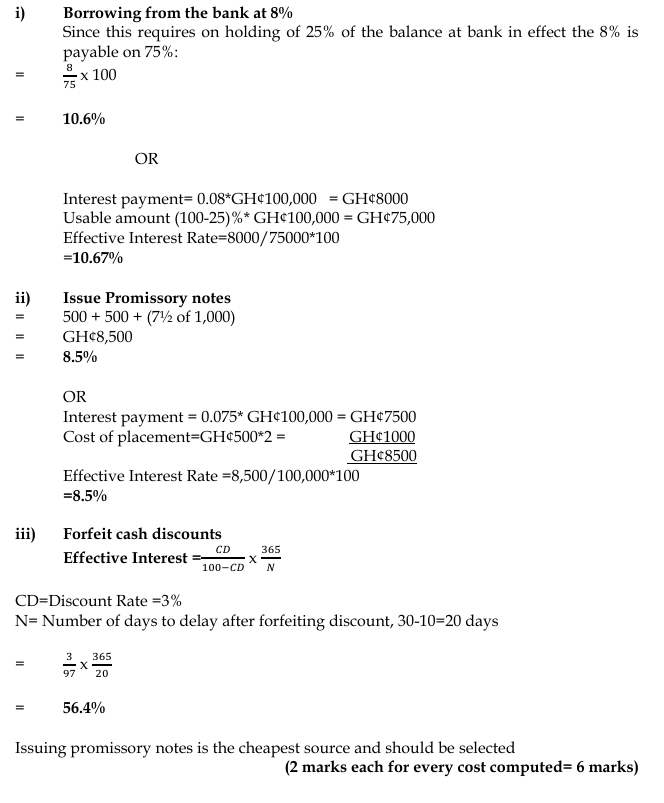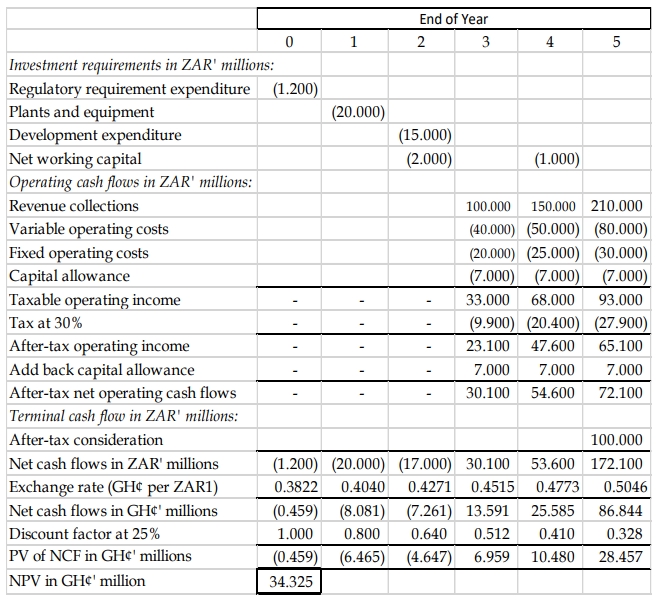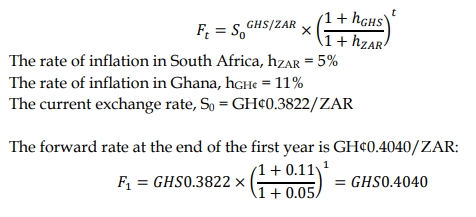- 8 Marks
Question
The amount of dividends subsidiaries pay to the parent company depends on the parent company’s dividend policies. Dividend repatriation represents significant flow for parent companies and contributes to dividend payments.
Required:
Discuss FOUR factors that affect dividend repatriation policies of Multinational Companies. (8 marks)
Answer
The following are four factors that affect dividend repatriation policies of multinational companies:
- Tax Implications:
One of the key factors influencing dividend repatriation is the tax regime in both the host country (where the subsidiary is located) and the parent company’s country. Subsidiaries in countries with lower corporate tax rates may prefer to retain earnings, as repatriating dividends to the parent company could result in higher tax liabilities. Additionally, parent companies may delay repatriation to minimize tax exposure or benefit from tax deferral opportunities. - Financing Needs:
The parent company’s cash flow requirements play a critical role in determining the amount and timing of dividends repatriated. If the parent company requires funds for domestic operations, investment opportunities, or to meet dividend commitments to its own shareholders, it may instruct subsidiaries to repatriate earnings. Conversely, subsidiaries may retain earnings to reinvest in local operations if the parent company’s financing needs are minimal. - Exchange Rate Risks:
Multinational companies face the risk of unfavorable exchange rate movements when repatriating dividends. If the currency in the subsidiary’s country is depreciating against the parent company’s home currency, the timing of repatriation can affect the amount of funds transferred. To manage this risk, parent companies may strategically time dividend repatriation to maximize returns and avoid losses from currency depreciation. - Regulatory and Political Considerations:
Government regulations in the subsidiary’s country may impose restrictions or controls on capital flows, limiting the amount of profits that can be repatriated. Political risks, such as expropriation or sudden changes in economic policy, may also discourage the repatriation of dividends. In some cases, subsidiaries are required to maintain a portion of their profits within the host country to comply with local regulations or to mitigate political risks.
- Tags: Dividend repatriation, Financing, multinational companies, Tax implications
- Level: Level 3
- Topic: Dividend policy in multinationals and transfer pricing
- Series: NOV 2017
- Uploader: Dotse



